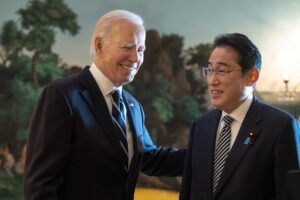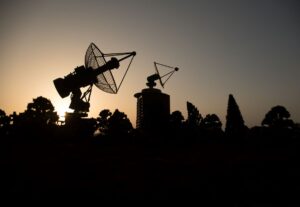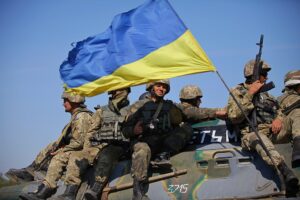While the Global War on Terror was hardly World War III, it certainly constituted a serious enough national security challenge to bring together scholars and policymakers in a fashion reminiscent of previous periods of war. Launched in 2008, in the wake of the 9/11 terrorist attacks and on-going wars in Afghanistan and Iraq, the Department of Defense’s Minerva Research Initiative is one of the most recent high-profile efforts to enlist social scientists in addressing national security challenges. However, the 9/11 attacks are already twenty years in the past and national security priorities have shifted away from Afghanistan and Iraq. Thus, if historical patterns repeat, without concerted effort we are likely moving into a period in which the gap between scholars and policymakers widens again. The time is therefore propitious to take stock of where we are in terms of the latest effort to mobilize social science for national security with an eye toward identifying lessons learned and what the evolving nature of conflict means for the future of social science engagement and national security.
The project’s essays, by former and serving US government officials, think tankers, academics and journalists demonstrate the breadth and diversity of the social science and national security ecosystem and will be published over the course of 2023. This includes obvious contributions such as social scientists working directly for, or consulting to with the Department of Defense or the uniformed services. But limiting it to that obscures the multiple ways social science can play an influencing role in national security decisions. Indeed, the utility of discussions around Minerva is as a heuristic for understanding the broader challenges—individual and institutional—of integrating scientific insights of the social world into national security policymaking. This is not simply a securitizing response so much as an understanding of what underlies security for society writ large. One goal of this project is to help avoid the all-too-common historical pattern of future crisis leading to a lot of reinvention of the social science and national security wheel because we believe that social science can positively contribute to better decision-making and in turn, safer societies.
In characterizing the social science and national security ecosystem, we will begin by offering some historical context of the relationship. Essays will then shift to the institutional environment, which includes discussions of funding and evaluation alongside contributions of journals and policy-shaping organizations. The third group of essays will explore the role of social science knowledge production in security-relevant decision-making while the last set of essays looks at the future relationship between social science and national security. Collectively, we hope the essays convey a wide range of social science thinking and the institutional structures that influencing national security decision-making. In so doing, we see the challenges but also opportunities for bridging the enduring gap between evidence-based scientific insights and policy implantation.
We are grateful for the generous support of the Carnegie Corporation of New York’s “Bridging the Gap” initiative. The views expressed in the following essays are those of the contributors and not necessarily the institutions with which they are affiliated.




